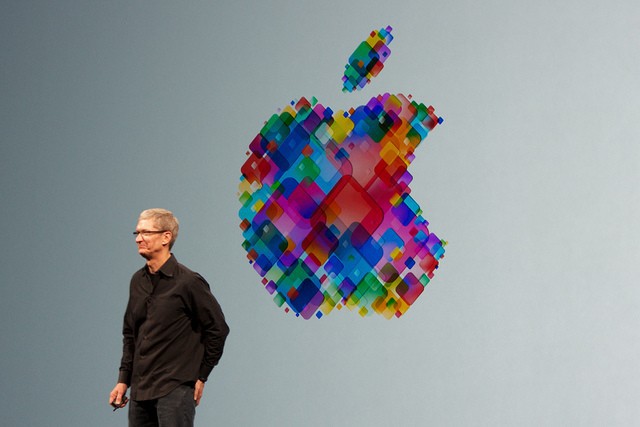When an Employer Offers Employees Equity Instead of Cash

I’ve worked at a handful of startup companies throughout my career. Once, while negotiating for a raise at one of them after a year, my boss told me that he probably couldn’t raise my salary but the company could possibly give me more equity. Would more shares in the company make me happy?
The question of whether workers want shares or cash was addressed this week in the Wall Street Journal, with one explanation of why employees would rather have cash:
“It’s a little bit like paying your employees…in lottery tickets,” says Dirk Jenter, an associate professor of finance at the London School of Economics and the Stanford Graduate School of Business who studies employee attitudes toward equity compensation. “Most people prefer cash.”
A former employee of WeWork Companies Inc., the $10 billion office-space startup that says it gives all full-time employees equity, says his shares didn’t make him more likely to stay in his $60,000-a-year job, in part because he was unsure what his stake was worth.
“I need that cash flow coming in,” he says.
My reaction to my former boss’s offer was similar to that of this WeWork employee: Equity is nice, but I’d rather have the cash to pay down my student loans or help my folks out or put into savings. When I made that concern clear, I was told to table the conversation for three months. I got a small bump in my salary not too long after.
One of the major reasons companies give out equity is because they want employees to feel invested in the company — to feel some kind of ownership at the place they work (see: Apple’s announcement about giving free shares to employees earlier this month). A vesting schedule for employee stock incentives also helps in reducing turnover (if much of this sounds complicated, Meaghan wrote a very good series of explainers about all of this last year).
The feeling of ownership is much easier at a company like Apple, a public company with blue chip stocks. But it’s much more difficult to put that kind of faith in newer companies, especially at the rate that startups fail. We’ve seen this before. Again, from the WSJ:
The practice of paying a wide range of employees in equity blossomed in the ’90s dot-com boom, when firms like Webvan enriched meatpackers and delivery drivers with stock options that ultimately proved worthless when the company folded in 2001. Spooked, other companies pulled back on equity compensation, and changes to accounting and stock exchange rules further damped management’s enthusiasm.
Is it a wonder that there’s a preference for cash?
Photo: Mike Deerkoski
Support The Billfold
The Billfold continues to exist thanks to support from our readers. Help us continue to do our work by making a monthly pledge on Patreon or a one-time-only contribution through PayPal.
Comments